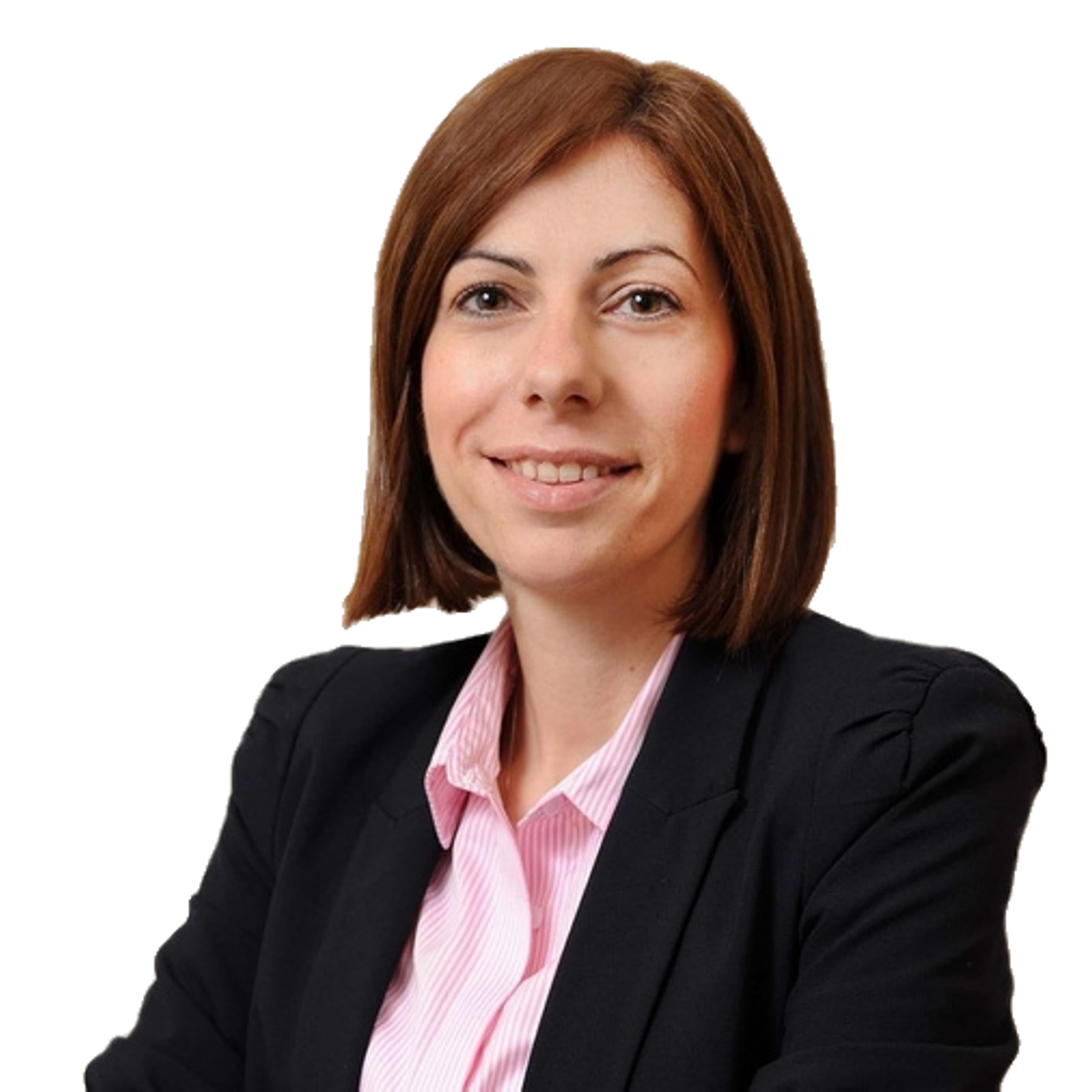Residence Programme Rules
The Residence Programme Rules allow EU/EEA/Swiss nationals taking up residency in Malta to benefit from attractive tax incentives.
Requirements
- The applicant holds a “Qualifying Property Holding” which is defined as immovable property situated in Malta which was either purchased in Malta for a consideration of not less than €275,000, or in Gozo or the South of Malta for a consideration of not less than €220,000 or rented for not less than €9,600 per annum for a property situated in Malta or €8,750 for a property situated in Gozo or the South of Malta. In either case the applicant occupy such property as his primary residence;
- The applicant is not a person who benefits under the Residents Scheme Regulations, the High Net Worth Individuals EU / EEA / Swiss Nationals Rules, the High Net Worth Individuals Non-EU / EEA / Swiss Nationals Rules, the Malta Retirement Programme Rules, the Global Residence Programme Rules, the Qualifying Employment in Innovation and Creativity (Personal Tax) Rules or the Highly Qualified Persons Rules;
- The applicant is not a permanent resident of Malta which means that the person has a right of permanent residence in terms of article 6 and is in possession of a permanent residence certificate in terms of article 7 of the free Movement of European Union Nationals and their Family Members Order or that the person has applied for the right of permanent residence in terms of article 6 of the same order;
- The applicant is in receipt of stable and regular resources which are sufficient to maintain himself and his dependants without recourse to the social assistance system in Malta;
- The applicant is in possession of a valid travel document;
- The applicant is in possession of sickness insurance in respect of all risks across the whole of the European Union normally covered for Maltese nationals for himself and his dependants, recognizing also the person with whom the beneficiary is in stable and durable relationship;
- The applicant can adequately communicate in one of the official languages of Malta i.e. English or Maltese; and
- The applicant is a fit and proper person that is to say, an individual must prove to be of good conduct and good morals, has no criminal record or disqualifications or censorship by professional or regulatory bodies and is not adjudged bankrupt by a competent Court of authority, amongst other criteria.
The above conditions must be satisfied on an ongoing basis.
Procedure for Application
An application for special tax status under these Regulations can only be submitted to the Commissioner of Inland Revenue through the services of an Authorised Registered Mandatory (ARM). The ARM is tasked with submitting the form, and making certain declarations on behalf of the applicant, such as those stating that the applicant is in receipt of stable and regular resources, that the applicant is not domiciled in Malta, etc. The acknowledgement or request for more information of the application will be sent to the Applicant’s Authorised Regulatory Mandatory.
The applicant represented by his registered mandatary shall apply to the Commissioner for special tax status under these rules by paying a non-refundable administrative fee of €6,000 upon application and in case the qualifying property is situated in the south of Malta a non-refundable administrative fee of €5,500 upon application.
Tax Treatment
An individual in possession of the special tax status under these rules would be subject to the following tax treatment in Malta:
- Income arising outside Malta should be subject to a flat tax rate of 15% only if remitted to Malta by the beneficiary, the beneficiary’s spouse and children, provided that a minimum amount of tax shall be €15,000 euro which shall be paid by not later than the 30th April of the year in which the income is received in Malta and must be accompanied by an annual return made to the Commissioner confirming that all conditions of the scheme have been satisfied.
- The above income if not chargeable on the flat rate of 15% shall be charged as separate income at the rate of 35%.
The individual in possession of the relevant special tax status certificate may not reside in any other jurisdiction for more than 183 days in any calendar year.
Localities for the purposes of the definition of “south of Malta”
| Birzebbugia | Kalkara | Mqabba | Senglea |
| Cospicua | Kirkop | Paola | Siggiewi |
| Fgura | Luqa | Qrendi | Tarxien |
| Chaxag | Marsascala | Safi | Vittoriosa |
| Gudja | Marsaxlokk | Santa Lucija | Xghajra |
| Zabbar | Zejtun | Zurrieq |



